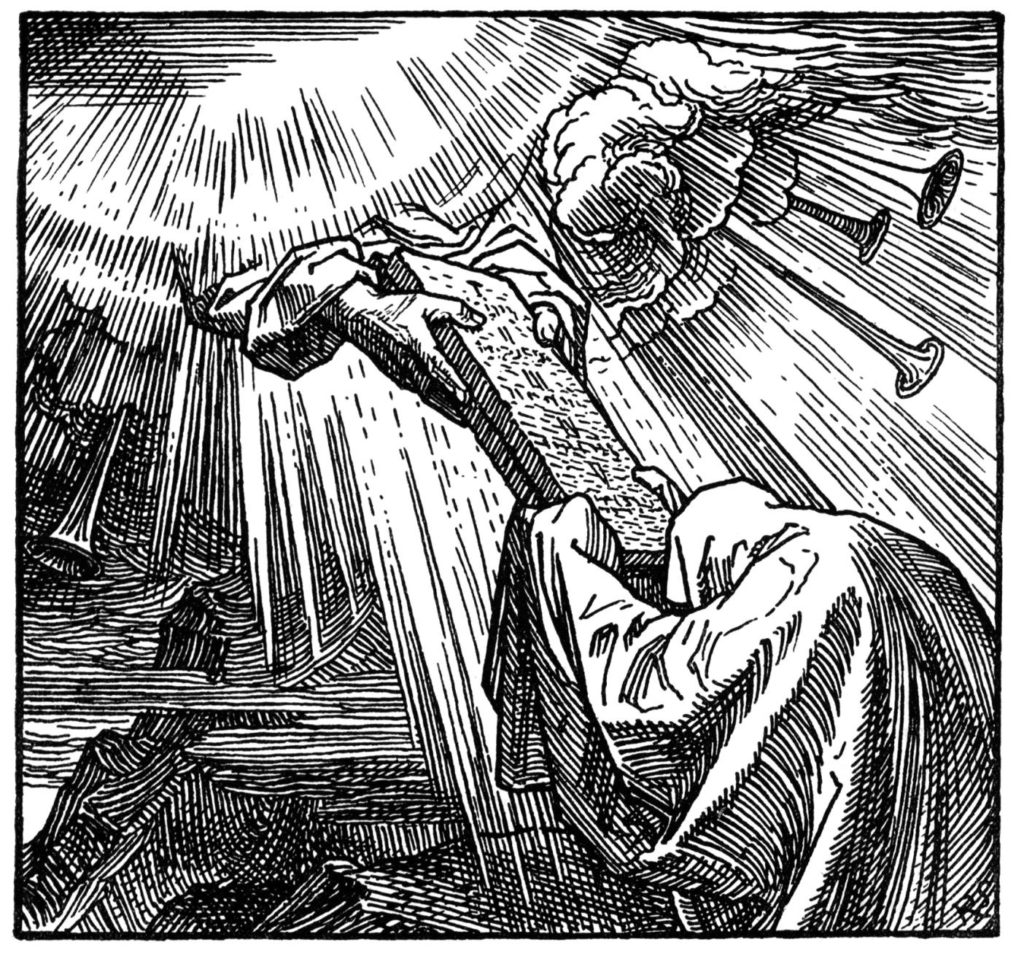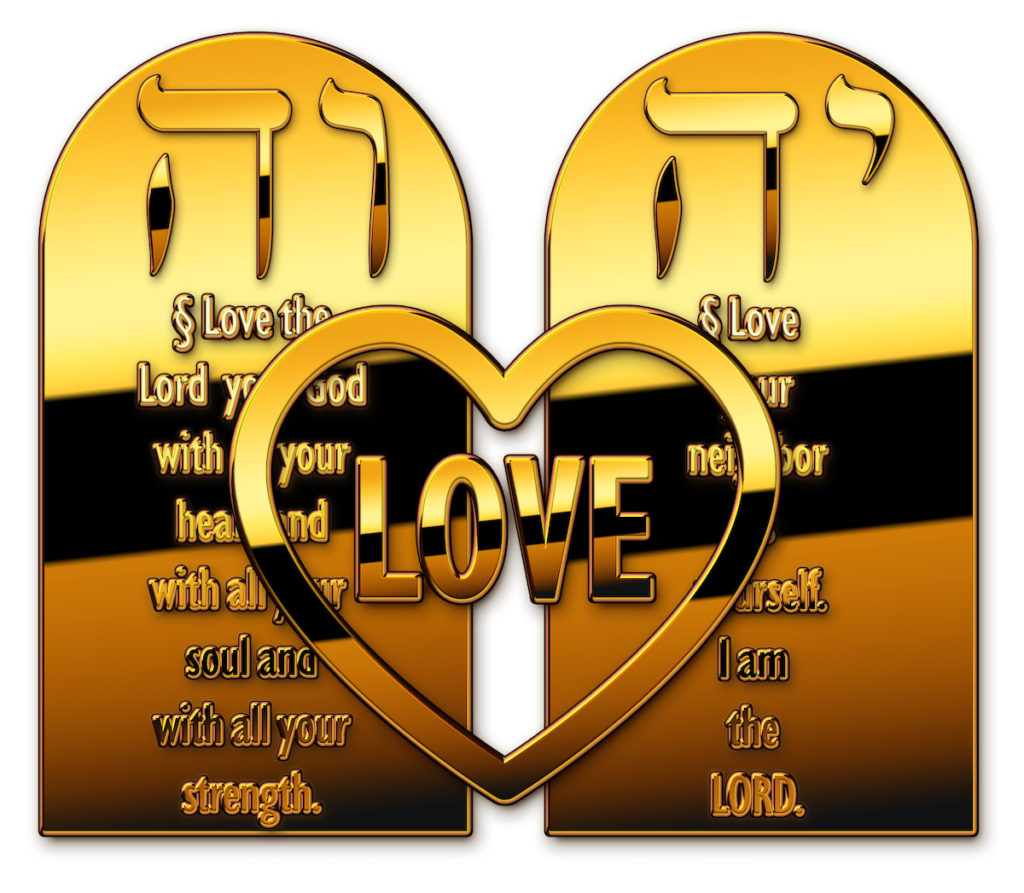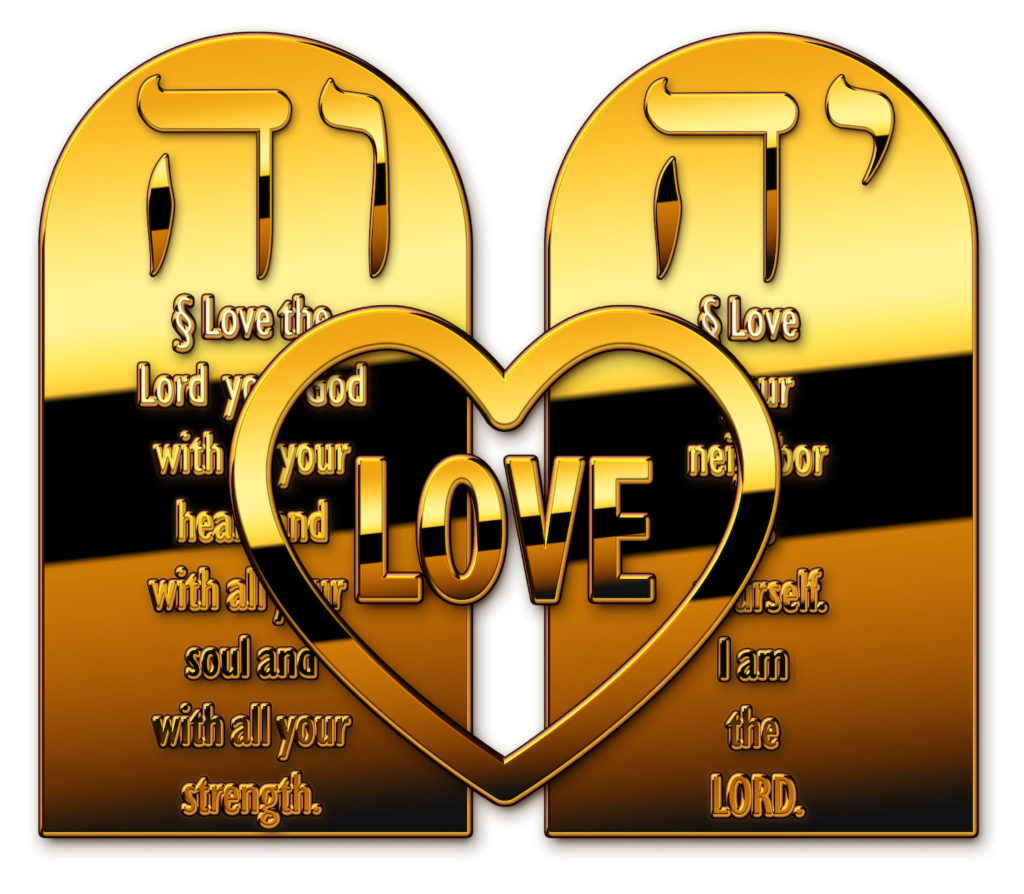
Exodus 33
Exodus 33:1–2, YHVH…my Angel/Messenger.Who is YHVH and who is the Angel? If YHVH is the preincarnate Yeshua, then who is this Angel?
Exodus 33:7, Moses took his tent.There comes a time when the anointed servant of the Most High can no longer tolerate the sinfulness and faithless of the people he is leading. Even Yeshua, in frustration, despaired on several occasions at his disciples for their lack of faith. Once, in desperation, he cried out, “O faithless and perverse generation, how long shall I be with you? how long shall I suffer you?” (Matt 17:17). Holy men (and women) of Elohim are in a different place spiritually than the people they lead. As anointed and divinely appointed leaders, to lead YHVH’s people higher, they must be ahead of the people and their walk should be a little, if not a lot, higher. Their job is to lead people into a higher and deeper walk with YHVH. Sometimes, in frustration when they feel they have been less than successful in their mission, they must remove themselves from the people for a season to draw closer to YHVH for strength, wisdom, guidance and spiritual renewal as Moses did in this case.
A man who is holy or set apart unto YHVH can’t abide in an unholy situation. It’s anathema to him and causes every fiber in his being to cry out in frustrated disgust. He is in a different, higher world that carnal people know nothing about. This is why Moses had to separate himself from the Israelites—a stiffnecked and rebellious people who didn’t have a heart to follow Elohim.
Exodus 33:12–13, Grace.The mainstream church places a great deal of emphasis on the message of grace. The biblical doctrine of grace finds its roots in this chapter in the Torah and not in the apostolic writings as the mainstream church teaches.
The noun grace (Heb. chen) is found six times in chapters 33 and 34. The adjective gracious (Heb. chanan and channuwn)as an attribute YHVH’s character is found three times in chapters 33 and 34. Six is the number of man and three is the number of Elohim. That is to say, the grace of the entire Godhead covers man completely even when his children turn away from him and give into golden calf worship. His grace for his people rejoices or triumphs over his fiery and consuming judgments (Exod 33:4; Jas 2:13; Pss 85:10; 89:14; Mic 7:18; Eph 1:7; Rom 5:8) that they deserve for their stiff-neckness and sinful rebellion against his commands (Exod 33:3).
The Hebrew word for grace is chen/IJmeaning “favor, grace, charm, acceptance.” The Hebrew word chen (found 69 times in the Tanakh), which is translated as grace, in this verse is equivalent to the Greek word charis/cariV, which is found 156 times in the Testimony of Yeshua and is translated as grace 130 times in the KJV.The equivalency of these two words is confirmed by the translators of the Septuagint (the Greek Tanakh) who used charis in place of chen when translating the Hebrew Tanakh into Greek beginning in the third century b.c.
According to The TWOT, in the vast majority of occurrences of chen in the Tanakh, the focus of attention is not on the giver, but on the recipient. The emphasis is on the relationship of the superior to an inferior (e.g. a king to his subjects). What this teaches us is that despite sin and rebellion against him, YHVH (the king) is gracious (to humans, his subjects). Contrary to what many in the church have been led to believe, the grace of Elohim is a very prominent theme in the Tanakh. Examples of this include Noah who found grace in YHVH’s eyes (Gen 6:8), or the children of Israel although dead in their sins in Egypt and deserving of YHVH’s wrath, they were saved by the blood of the lamb. There are a number of other references to the grace of Elohim in the Tanakh as well (Gen 18:3; Exod 3:21; 33:16,17; 34:9; Ps 84:11; Zech 12:10).
Exodus 33:14, My Presence will go with you.YHVH’s Presence led the Israelites through the wilderness and into the Promised Land. Yeshua will lead his people through the wilderness of life and into the Promised Land of their eternal inheritance in his kingdom. Where is his Presence today in and among his people?
Continue reading







